Becoming a Carer
Foster Care Process
While Aboriginal and Torres Strait Islander people make up 3.3% of Australia’s total population, a startling 43% of children within the NSW care system are of Aboriginal descent. This alarming statistic is a result of systemic racism and the enduring impacts of assimilation policies. These enduring consequences include intergenerational trauma stemming from the painful legacy of the stolen generation. Furthermore, issues like a lack of parenting capacity, separation from kinship networks and support, and unresolved grief and loss have contributed to problems Aboriginal children face today.
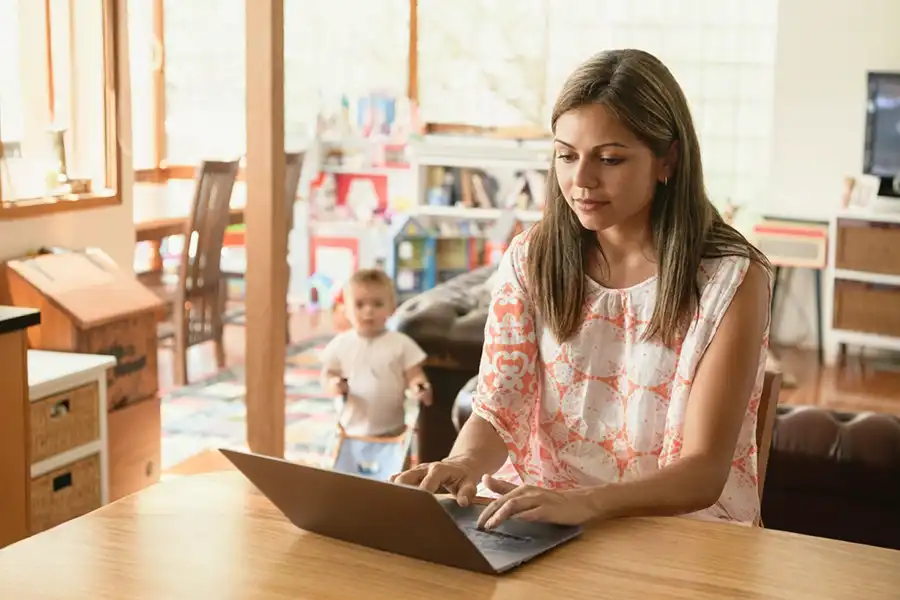
Get in touch
If you’re interested in becoming a carer, contact us at Narang Bir-rong Aboriginal Corporation. We can answer your questions, talk you through the process and let you know what’s involved in becoming a foster carer.
From enquiry through to placement and beyond, our team will be with you every step of the way.
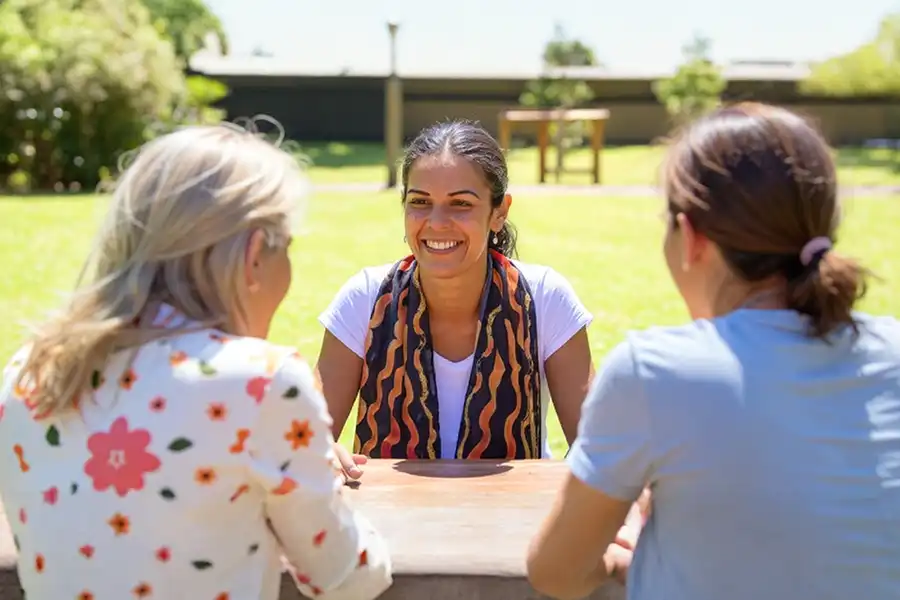
Apply
Your foster care application is an in-depth process that involves a number of checks and clearances.
Our team will provide you with an application pack that includes information on each requirement, outlines of documents for submission and links to relevant government information.
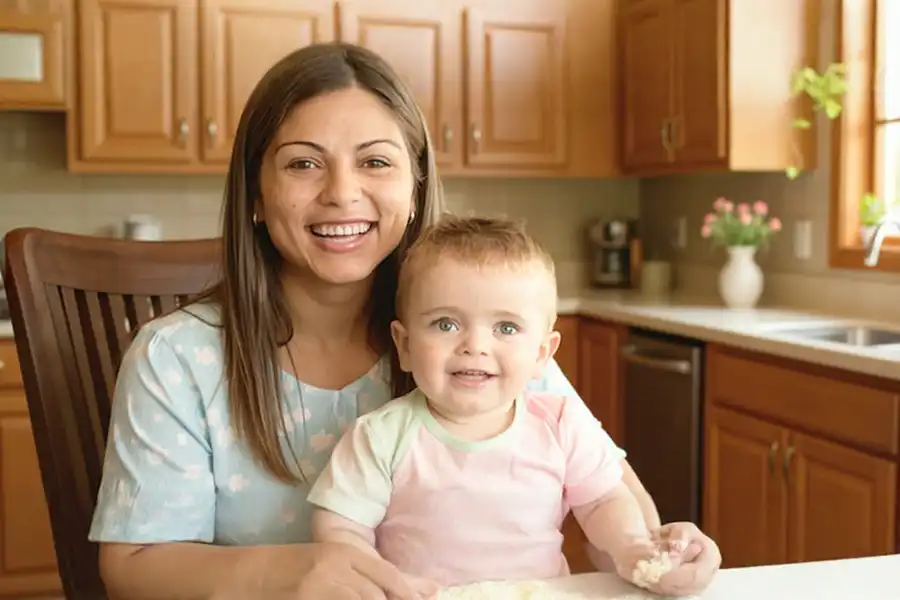
Training
An integral part of the foster care process is a two-day core training program for all new foster carers.
This training we offer gives our carers the necessary tools needed when caring for a child or young person, and it prepares them for their future placement.
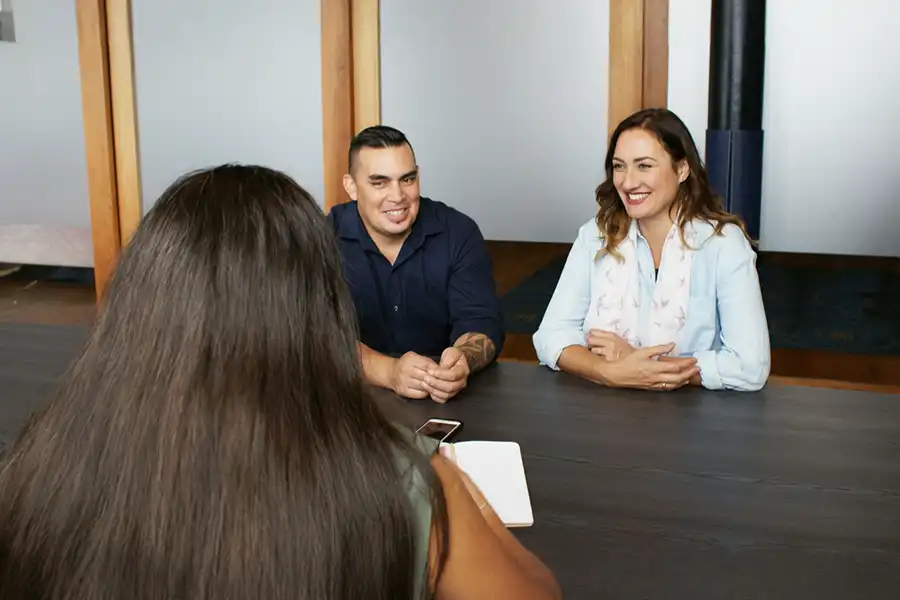
Assessment
The assessment stage involves four or five home visits by a member of our team.
During these sessions, we will spend time with you and all the members of your household to find out more about why you want to become a foster carer, your capacity to care for a child or young person and your own life experiences.
Children residing in the home will also take part in interviews as part of this process.
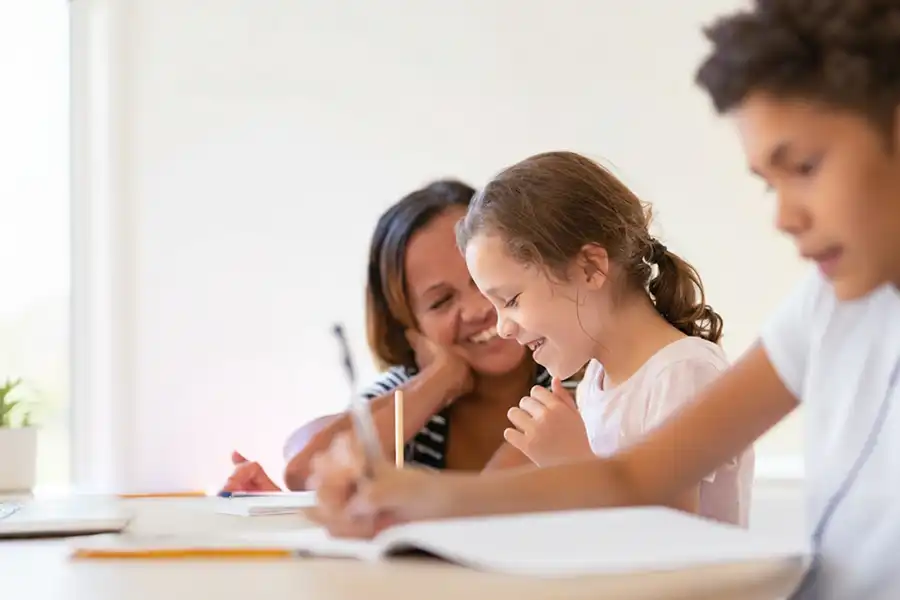
Placement
Once you have been granted approval as a foster carer, we work to ensure that the right child or young person is placed in your care. Factors that can determine the placement include type of care (emergency or short-term care, long-term care, or respite care), age of the child or young person and any additional needs or requirements.

Ongoing Training and Support
Fostering a child or young person can be a long and difficult journey, and preparing for a foster placement can seem daunting, but it’s not something you undertake alone.
All our foster carers are part of a larger team of caseworkers, program managers and other service providers who all work together to achieve the best outcomes for the child. All our foster carers receive 24/7 support and ongoing training opportunities.
Becoming a Foster Carer
If you’re interested in becoming a carer, contact us at Narang Bir-rong Aboriginal Corporation.
We can answer your questions, talk you through the process and let you know what’s involved when becoming a carer.
Could I Become a Foster Carer ?
Please take this short survey to see if you are eligible to apply to become a foster carer with Narang Bir-rong?




